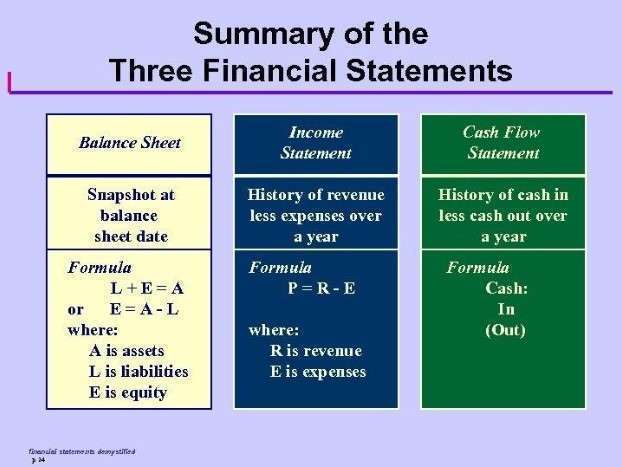

Having a full suite of services ensures that all your AP needs are covered under one roof, simplifying management and communication. As previously mentioned, it involves hiring a third-party provider to manage all AP operations. It avoids the cost of adopting accounts payable software and does not use up company resources to run the show accounts payable outsourcing when it comes to the AP process. It also provides a business with a repertoire of technology and tools, which usually includes AP automation, offerings that create a competitive edge. Besides an innovation agenda, your outsourcer should also demonstrate deep finance subject matter expertise and a robust approach to process documentation.
Third-party accounts management companies have modern facilities and software to efficiently and accurately accomplish tasks. As we mentioned earlier, verifying potential AP outsourcing providers’ security and compliance measures is crucial to ensure that your organization’s sensitive financial information is protected. Evaluate the provider’s internal controls, anti-fraud measures, and adherence to accounting principles and regulations to gauge their commitment to data security and compliance. By carefully considering the cost and value of different accounts payable service providers, you can make an informed decision that will deliver the best return on investment for your business. So while implementing an accounts payable automation system in-house can help reduce invoice processing costs and improve efficiency, you will still have to have in-house employees dedicated to AP functions.
A shared services center (SSC) is a centralized and consolidated business unit that provides services for multiple units within the same organization and/or numerous entities simultaneously. Accounts Payable SSC is a unit that handles all accounts payable transactions for more than one business unit within the organization, and sometimes, they control the invoice-to-payment processes for several https://www.bookstime.com/ entities. AP automation is possible when subscribing to a SaaS solution, adopting a dedicated accounting software, or adopting an ERP system on-premises. Accounts payable (AP) is a fundamental company financial management system component. It encompasses the processes and procedures involved in tracking, verifying, and paying invoices and bills owed to suppliers, vendors, and other creditors.

The system can also be set up to route specific issues to certain parties, which helps to resolve problems even faster. If this is the case, a small error turns into a huge hassle that goes unresolved for days or weeks. Identify if the outsourced solution is leveraging complete AP automation or manually keying in data.
Businesses should establish clear communication channels and expectations with their outsourcing provider from the outset to address communication challenges. This may include regular progress updates, meetings, and clearly defined points of contact to ensure that any issues or concerns are promptly addressed and resolved. Depending on the industry standards and your outsourcing provider, the data may be stored on internal servers or even on the cloud.

